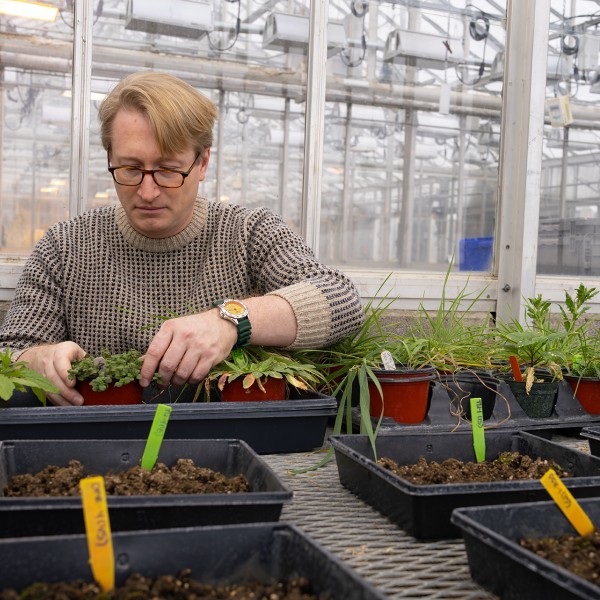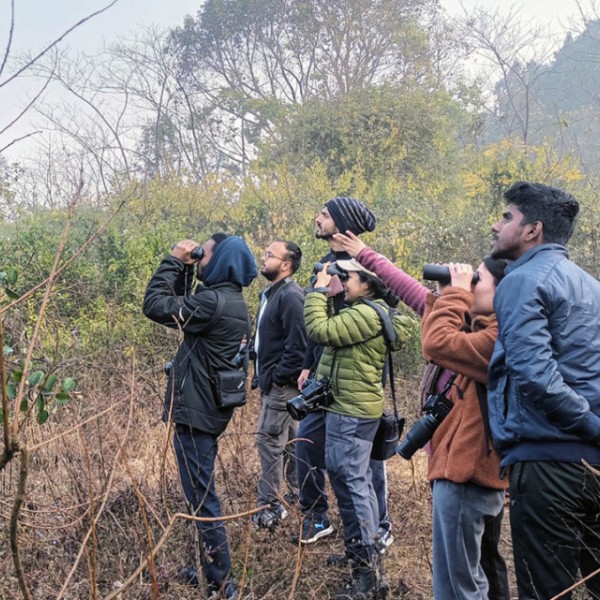Deborah Arrindell ’79 has 19 years of experience in the pharmacology and biotechnology industries. She currently works as an executive medical director in global patient safety and labeling at Amgen Inc. located in Thousand Oaks, California.
My dad said that ever since I was 4 or 5 years old, I knew I wanted to be a doctor. I was always science-minded, and my parents encouraged academic achievement, so it’s no surprise that I had a wonderful time studying biology at Cornell. I went on to earn a dual M.D. and master’s in public health at Yale University. Then I trained as an anesthesiologist at Johns Hopkins University and practiced medicine for a couple of years, but realized I didn’t want to stay in medicine forever.
What really interested me was the intersection of medicine and law, especially how legal issues can influence the care that patients receive, for better or worse. So while working as an anesthesiologist by day, I began law school at night and completed my juris doctorate at the University of Maryland School of Law.
I wanted to use my new law degree to keep helping medical patients, so I transitioned into the pharmaceutical industry. In 2008, I was hired as an executive director at Amgen Inc., one of the world’s largest independent biotechnology companies, and it’s been a very fulfilling role.
My work focuses on drug safety, with an emphasis in cancer research. I oversee a team of doctors, nurses and pharmacists who monitor the safety of patients during oncology clinical trials and the safety of our drugs after they reach the market.
I’ve worked on two first-in-class drugs for cancer treatment: Blincyto, which is used to treat acute lymphoblastic leukemia, and Imlygic, which treats melanoma. They’re both very exciting breakthrough drugs that are used to boost the body’s natural immune defenses to fight cancer.
Blincyto works by engaging immune T-cells and pulling them into a position where they can kill the cancerous cells. It’s a game-changer compared to previous treatments because the drug directly targets leukemic cells—unlike chemotherapy, which takes a more generalized approach and kills cancerous and healthy cells.
Imlygic is actually a modified version of the herpes simplex virus—the virus that causes cold sores. Doctors inject it directly into a melanoma tumor, and this triggers the patient’s immune system to fight the cancer.
One of the biggest things Cornell taught me was how to teach myself. Of course, you have excellent professors and resources, but at the end of the day, you are responsible for your own learning. That’s been a big life lesson. Cornell also taught me about strategic thinking and problem solving—skills that I’ve used throughout my career.
I’m a member of the Cornell University Council, the CALS Advisory Council, the President’s Council of Cornell Women, Cornell Black Alumni Association, the Cornell Club of Los Angeles, and I recently took on a role with the Cornell Mosaic Council. I also host a Cornell on Martha’s Vineyard event every year at my house. Next summer will be our third year, and it’s open to anyone—faculty, alumni, parents and friends.
One of my favorite ways to give back is through the Cornell Alumni Admissions Ambassador Network, which connects alumni with students applying to Cornell. Our students come from such fascinating and varied backgrounds—it’s a real pleasure to learn their stories and interests, and then talk with them about all that Cornell offers.





